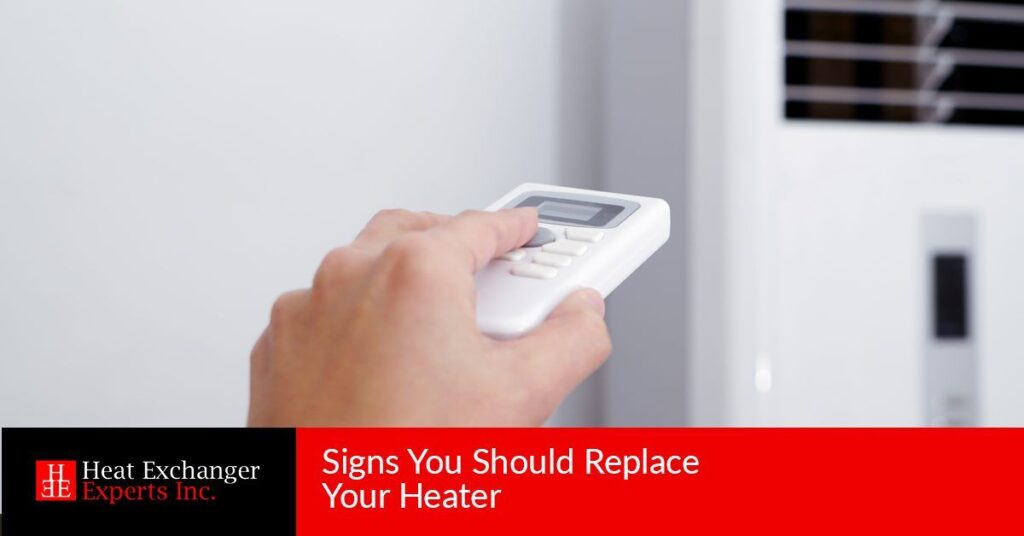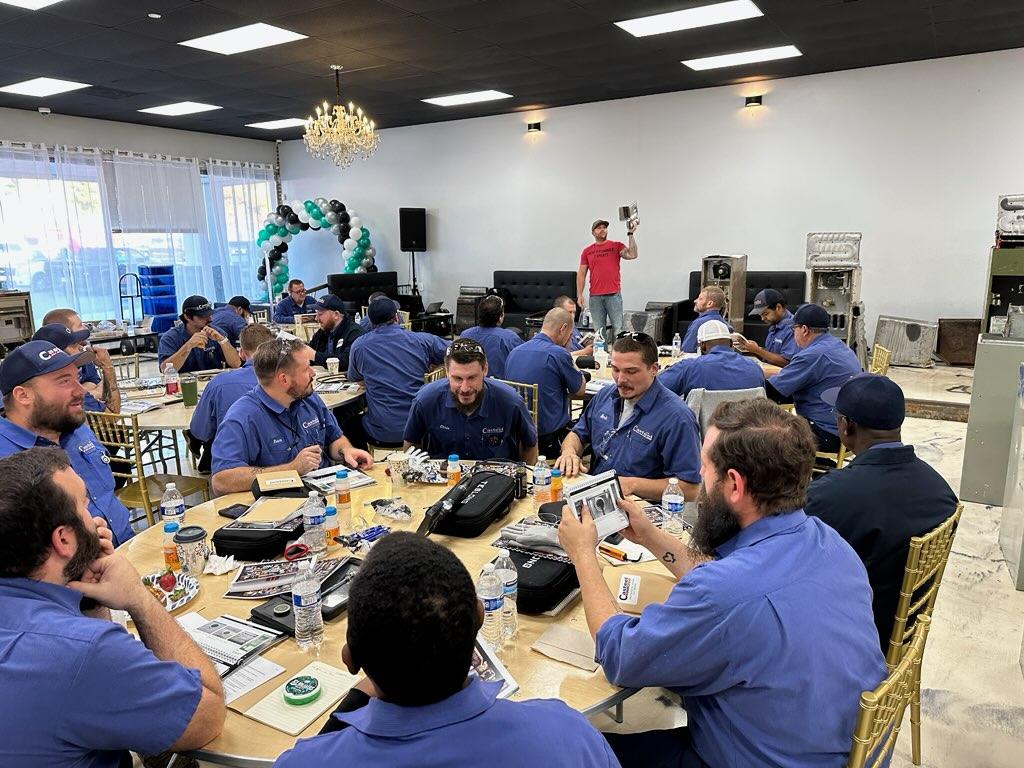Signs You Should Replace Your Heater – Heat Exchanger Experts
When it comes to replacing your heater, most people’s enthusiasm could be described as tepid to say the least. It’s an idea that we all have to warm up to. This is likely because we don’t have to replace the furnaces and heaters in our homes all that often. In fact, if you recently moved into a new home, or if you’ve been in a home for a long time, you might not know when a heater was last replaced. Fortunately, the Heat Exchanger Experts are here to help you identify when it’s time to upgrade the heater in your home.
IF YOUR HEATER IS REACHING THE END OF ITS LIFESPAN
Like most appliances, heaters have a functional lifespan. Heaters can typically last 10 to 15 years before they need to be replaced, depending on how frequently they are used. You can determine the age of your furnace by looking for a serial number that has been engraved somewhere on the unit, or a paper or metal tag on the back of the heater. When you find this number, look up the manufacturer’s website and compare it to their database of serial numbers to find out how old it is. Similarly, you can call whoever installed your heater in the first place to see how old it is.
Your Utility Bills Are Slowly Increasing
No one likes to deal with a higher heating bill. Older furnaces have to work harder to heat your home than a newer furnace would. That’s because the parts are worn out and advances in heating technology means that new heaters use less energy and use it more efficiently. While the cost of a new heater might make you pause, you’re likely already paying more than that over the course of a year in increased heating bills.
Your Heater Is Growing Increasingly More Noisy
When a heater kicks on, you likely hear a light whooshing noise, and then a gentle hum as it runs. However, if your heater is starting to sound like the latest rendition of the hit Broadway show STOMP! Then it’s probably time for a new heater. Your old heater might be making noises like:
- Rattling from loose screws and damaged ductwork.
- Popping from the various metal components in your HVAC system expanding and shrinking as it heats up and cools down.
- Screeching, squealing, or scraping noises are a major sign that your heater blower or motor are damaged. A loose bearing, a damaged belt, or another loose component could be causing this terrible racket.
If Your Heater Isn’t Heating Up
Do you power on your heater and wait and wait for it to get warm in your home? It’s probably because your old heater just simply can’t keep up with the demands you place on it. If your heater is running all day long, and not actually heating your home, it’s time for a new unit.
Want to learn more about HVAC systems? Sign up for an HVAC course with these guys who wrote the book on heat exchangers; the Heat Exchange Experts! We tour nationally all year long, offering HVAC specialists a chance to learn in a hands-on seminar. Find your nearest seminar and sign up today!




